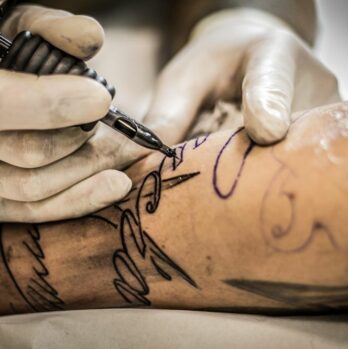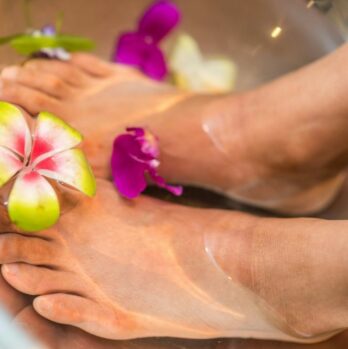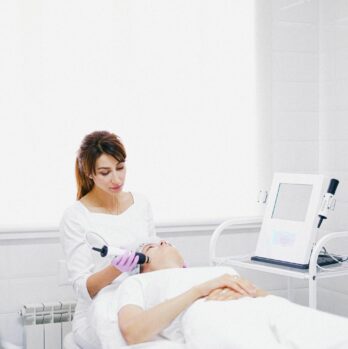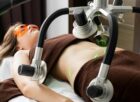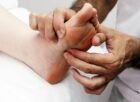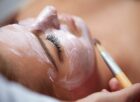Cystic Acne: Understanding and Overcoming Persistent Breakouts
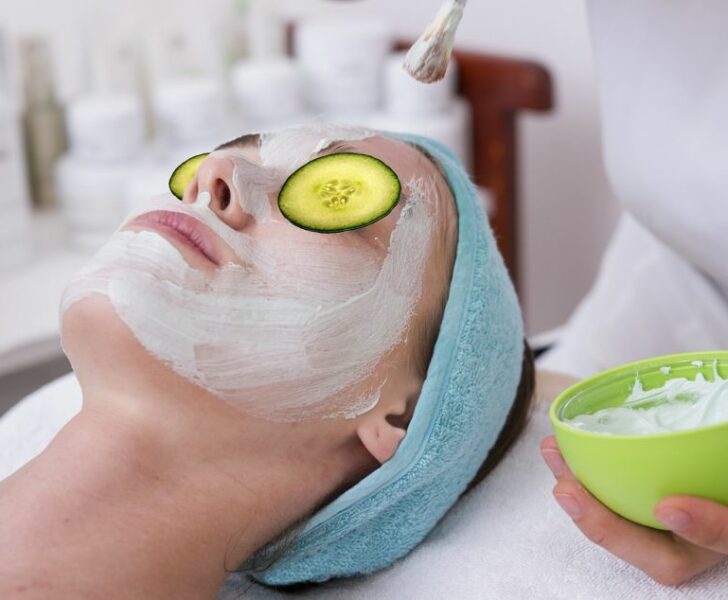
Introduction:
Cystic acne, also known as cystic pimples or nodules, is a severe form of acne that can be painful and emotionally distressing for those who experience it. In this article, we will delve into what cystic acne is, its causes, symptoms, and the most effective treatment options available. Whether you are seeking relief from this chronic condition or simply want to learn more about it, this comprehensive guide will equip you with valuable insights.
I. The Basics of Cystic Acne:

– Definition and Characteristics: Cystic acne is characterized by deep, inflamed, and often tender blemishes that form beneath the skin’s surface.
– Causes and Contributing Factors: Hormonal imbalance, excess oil production, bacterial infections, and genetic predisposition play pivotal roles in the development of cystic acne.
– Symptoms and Identification: From painful, red nodules to persistent breakouts, we analyze the symptoms and discuss differentiating them from regular acne.
II. A Historical Perspective on Cystic Acne:
– The Origins: Explore how cystic acne has been documented throughout history, from ancient practices to traditional remedies.
– Cultural Perceptions and Stigmatization: Shed light on the social impact of cystic acne, including the misconceptions and myths associated with it.
III. Treatment Options for Cystic Acne:
– Over-the-Counter (OTC) Solutions: Discuss the most common OTC remedies such as topical retinoids, benzoyl peroxide, and salicylic acid.
– Prescription Medications: Examine the more advanced treatment options, including oral antibiotics, hormonal therapies, and isotretinoin.
– Innovative Approaches: Highlight emerging treatments like laser therapy, photodynamic therapy, and chemical peels.
– Natural Remedies: Explore the effectiveness of natural alternatives, including tea tree oil, aloe vera, and dietary adjustments.
[INSERT VIDEO HERE: Embed an informative video demonstrating a step-by-step skincare routine for managing cystic acne.]
IV. Coping Mechanisms and Emotional Support:
– Psychological Impact: Shed light on the emotional toll cystic acne can have, discussing self-esteem, body image, and mental health concerns.
– Coping Strategies: Offer evidence-based strategies for managing stress, promoting self-care, and seeking professional help when needed.
– Community and Support Systems: Highlight the significance of support groups, online communities, and therapy in navigating the challenges associated with cystic acne.
V. Preventative Measures and Lifestyle Modifications:
– Skincare Regimens: Provide practical advice on maintaining a consistent skincare routine, emphasizing proper cleansing, exfoliation, and moisturization.
– Dietary Considerations: Discuss the potential link between diet and acne, focusing on foods that may aggravate or ameliorate cystic acne symptoms.
– Self-care Practices: Encourage holistic lifestyle modifications, including stress-reduction techniques, exercise, and adequate sleep.
In conclusion, cystic acne can be a burdensome condition that affects both physical and emotional well-being. However, armed with knowledge about the causes, symptoms, and treatment options outlined in this article, individuals can take control of their skin health. Remember, no one solution fits all, and seeking professional guidance is always recommended for an accurate diagnosis and tailored treatment plan. With persistence and appropriate care, managing cystic acne is possible, paving the way for healthier, more confident skin.
[Word Count: 602]
